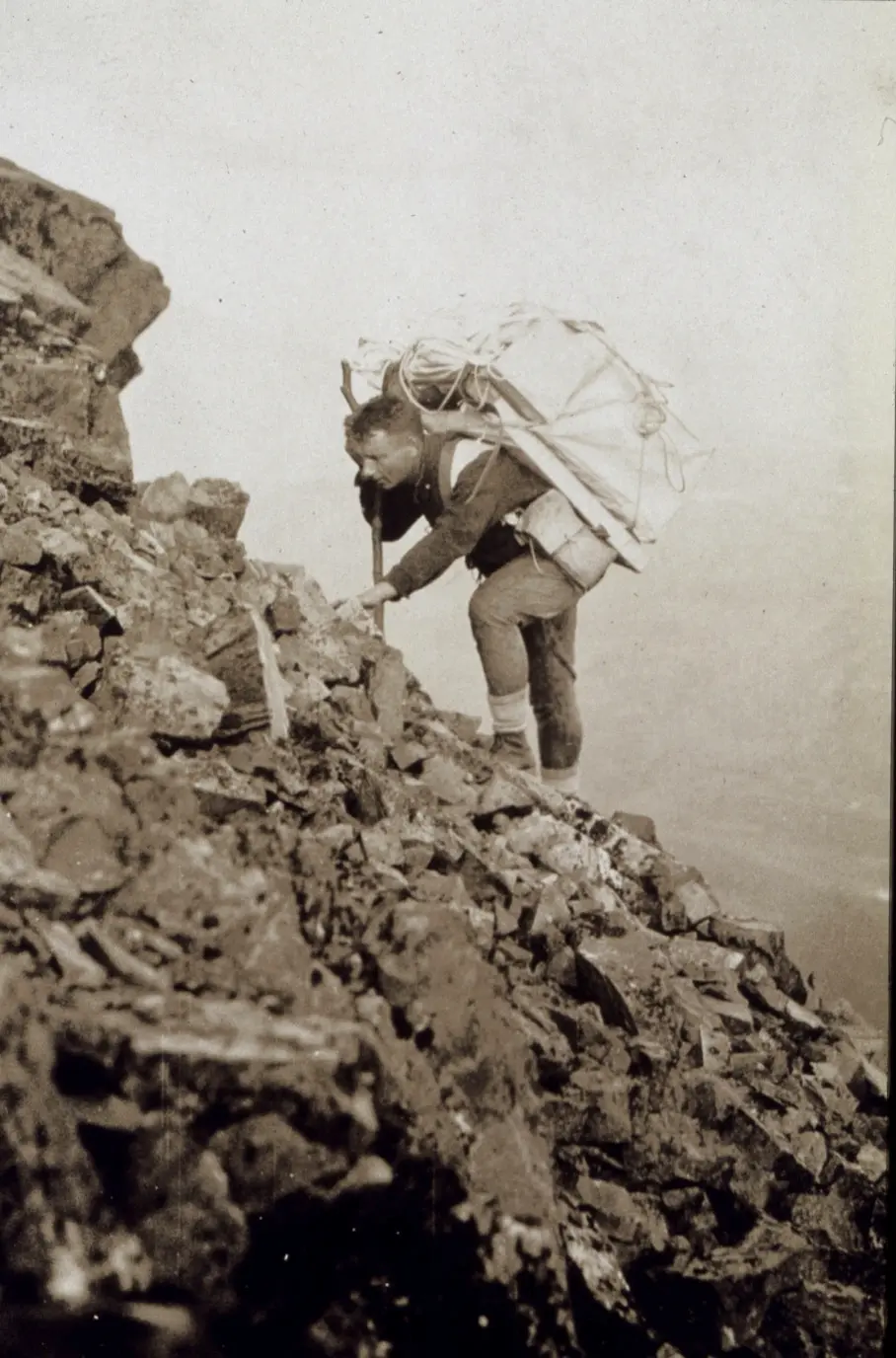In this blog post, we will discuss freewill. However, this will not be a philosophical treatise on whether or not freewill exists. Rather, it will be a practical guide on how to become free of will. This is the followup to a post we wrote a few months ago entitled Control of Thought.
The Six Basic Exercises
Control of Will is the second such exercise in the Six Basic Exercises. These were developed by Rudolf Steiner to develop the heart chakra. Designed specifically with the modern person in mind, they help us evolve soul capacities needed in today’s life.
The indication is as follows. Perform Control of Thought diligently for one month and then add this new exercise, Control of Will. We can also call this an exercise in freewill. Its instructions are simple: at a specified time each day, perform a simple action. It should not serve your daily needs, but should be done for its own sake. For example, water a plant. Or, take the books off the shelf and replace them. Perform this action daily at the same time. After performing the action, imagine a stream of energy radiating out from your heart out through your arms and hands, down your legs and feet, and up through the top of your head, in that order.
If you miss a time, make a note of that and resolve to continue the practice the following day. After a few days, add a second, and later a third action to the first. You can continue adding actions over time until it become a longer sequence.
The Fruits of Your Labor
This exercise, like the Control of Thought, may seem tedious to perform over and over again. If so, you’re on the right track, for that is exactly the point – to perform an action you have set yourself out of your own freewill. It is not to be motivated by need nor feeling but pure freedom. Moreover, overcoming the tedium and doing it anyway builds will. It develops your humanity so that you becoming freer to perform actions not motivated by pure animal need.
Thereby, you will find over time that you develop more freedom with your impulses. For example, if you have a tendency to overeat or eat unhealthfully, you may find yourself stopping more easily when bad habits come knocking at the door. You may also find yourself becoming less reactive and more responsive when, say, your extremely rude adolescent does something to push your buttons. Do any of you struggle with that, by chance?
To become free of will, we must begin by gaining control of our will. This proceeds logically after learning to control our thinking, for conscious action begins with conscious thought. That is why we do this exercise secondly after Control of Thought. This sequence is important. Good luck!


Leave a Reply
You must be logged in to post a comment.